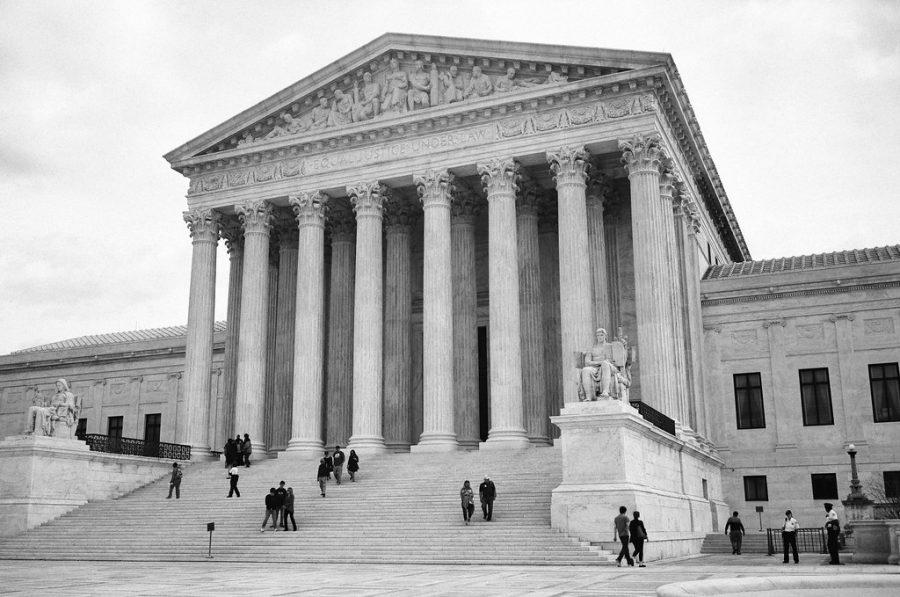A group of Congressional Democrats introduced legislation on April 15 to expand the Supreme Court from nine to 13 justices, marking the pinnacle of a Democratic movement to expand the Court sparked in recent years by former President Trump confirming three justices to the Court, as well as 231 justices to various lower courts.
While the topic of expanding the Court is controversial, as the Court’s makeup can sway policy for decades, the idea of expanding the Court is not new – as it has been expanded in the past.
The Supreme Court was created through Article III of the Constitution. However, the Court looked much different than it does today – with different precedents, a different location, and most notably – a different number of justices. Article III created the Supreme Court, but left it to Congress to decide how many justices there should be. In 1789, Congress passed the Judiciary Act of 1789, which set the number of justices at six – with five associate justices and one chief justice.
However, the changes in numbers didn’t end there. In 1807, Congress increased the number of justices to seven, in 1837, Congress increased the number to nine, and in 1863, Congress increased the number to 10 – one more than the nine we have currently. In 1866, Congress introduced the Judicial Circuits Act, which set the number back to seven, and prevented extremely unpopular President Andrew Johnson from appointing anyone new to the Court.
But in 1869, the changes stopped, with Congress introducing the Judiciary Act of 1869, which increased the number of justices to nine – with eight associate justices and one chief justice. The Court has stood here since, and no changes to the number of Justices have been made.
Despite the history of the Court expanding, even members of the Court oppose expansion. Justices often stay silent on political issues, but Justice Stephen Breyer, a member of the Court’s liberal wing, told students at Harvard Law School on April 6 that he opposes the idea of expanding the Court.
“It is wrong to think of the Court as another political institution,” Breyer said. “And it is doubly wrong to think of its members as junior-league politicians. Structural alteration motivated by the perception of political influence can only feed that perception, further eroding that trust. There are no shortcuts to it.”
But while members of Congress, and even Justices, have taken strong stances on the issue – our nation’s top voice, President Joe Biden, has not taken a firm stance.
Instead, President Biden created a commission to examine the idea of reforming the Court. In an executive order on April 9, President Biden formed the Presidential Commission on the Supreme Court of the United States – which is made up of a bipartisan group of experts on the Court and the debate around Court reform.
President Biden directed the Commission to complete its report within 180 days of its first public meeting, and it is assumed that President Biden’s opinion on expanding the Court will reflect the Commission’s findings.
However, even President Biden’s neutral position and creation of a bipartisan Commission has struck a nerve in Washington, with some Democrats seeking to take action sooner, and Republicans criticizing the Commission.
Representative Mondaire Jones (D-N.Y.), a vocal advocate for Court expansion, warned that Congress should not wait for the Commission’s report and instead should take quick action to reform the Supreme Court.
“Congress has the power, and the constitutional duty, to set the size of the court, as it has seven times throughout our history,” Jones said. “My colleagues and I need not wait for the findings of a commission. We already know the obvious: we must expand the Supreme Court, before it’s too late.”
Senate Minority Leader Mitch McConnell (R-Ky) criticized the Commission and its intent.
“This faux-academic study of a nonexistent problem fits squarely within liberals’ years-long campaign to politicize the Court, intimidate its members, and subvert its independence,” McConnell said.
So while most power players in Washington seem to have an opinion on whether the Court should be expanded or not, time will tell if action will be taken.

















